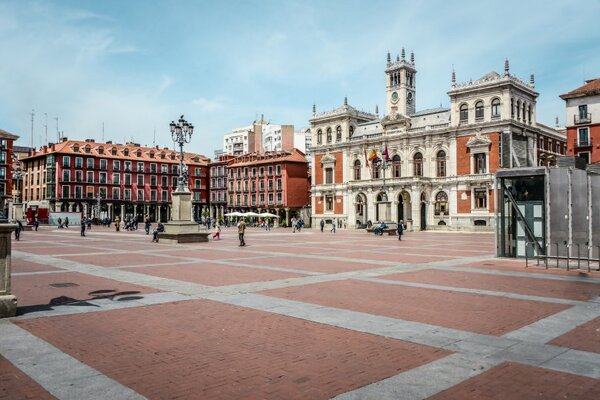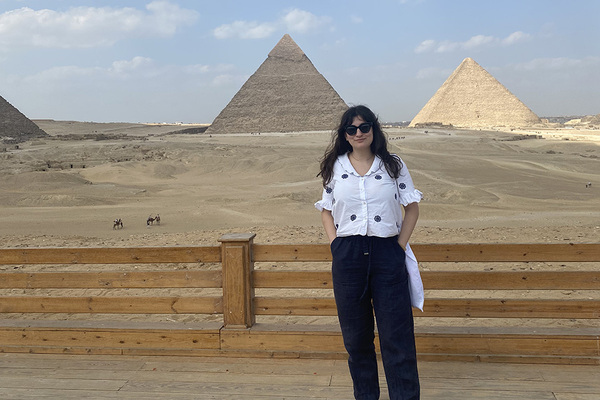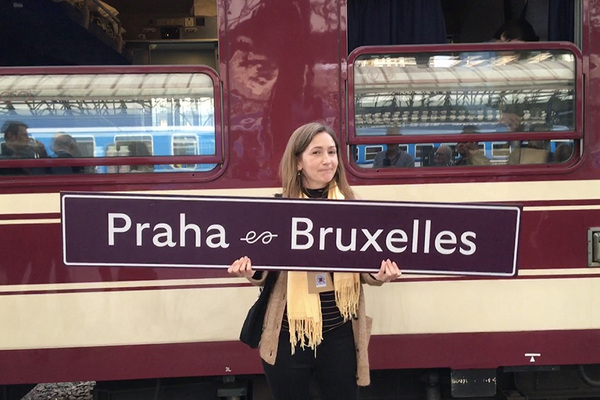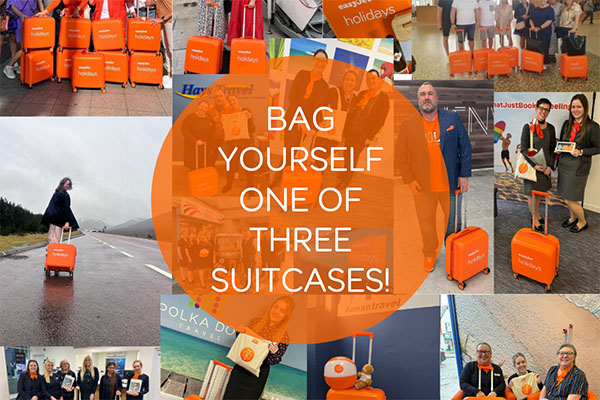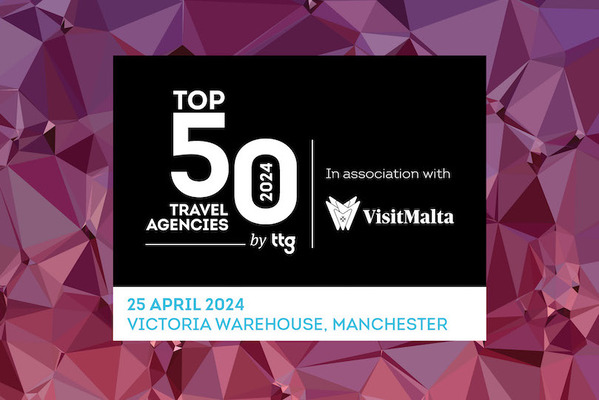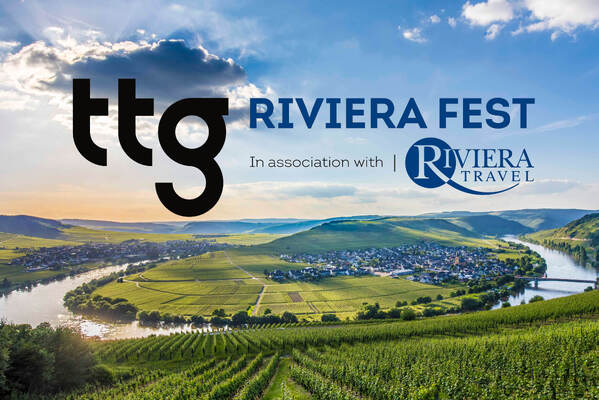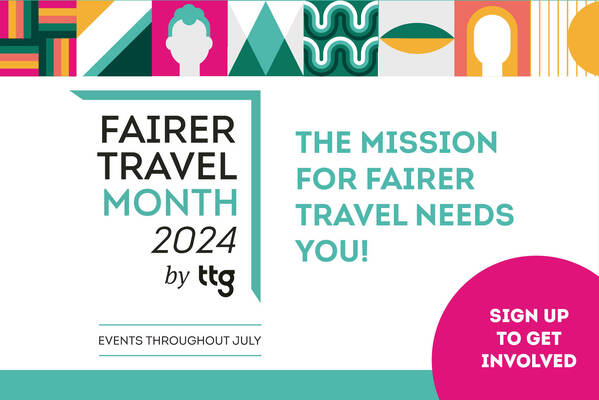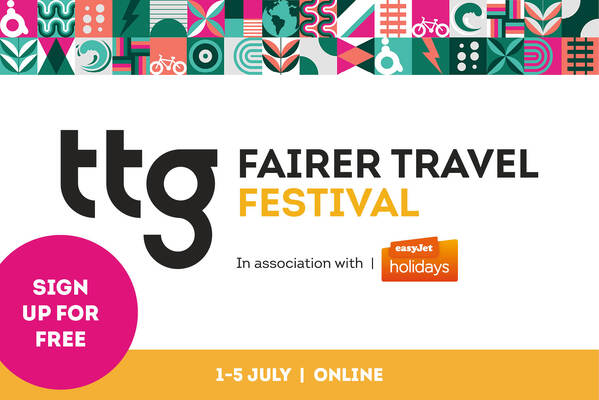Technology: the latest trends affecting travel
Travel Technology Europe returned to Olympia London for two days of innovation, networking and news last month. Andrew Doherty reports on the latest tech trends captivating travel.
Artificial intelligence, New Distribution Capability (NDC) and digital transformation were among the hot topics discussed at Travel Technology Europe (TTE), which celebrated its 16th anniversary in February.
More than 100 technology brands and start-ups attended the exhibition to showcase and sell their wares to prospective buyers, with 120 industry professionals invited to speak at a series of talks and seminars that ran in tandem with the main show.
However, it was at the C-suite Question Time panel that leading marketers, chief information and technology officers convened to talk about how technology was influencing their businesses and travel more generally.
Panellists comprised Emil Majkowski, chief information officer and architect at Rentals United; Simon Hamblin, chief technology officer at dnata Travel; Clare de Bono, head of product and innovation at Amadeus; Phil Scully, chief information officer at Costa Coffee; and Suzie Thompson, vice-president of marketing, distribution and revenue management at Red Carnation Hotels.
Moderating the discussion was Charlotte Lamp Davies, principal consultant at A Bright Approach, who kicked off proceedings by asking speakers how they were embracing technology in 2019.
De Bono said Amadeus would continue to work on NDC – an XML-based communication standard between airlines and travel agents, which offers access to a broader airline inventory from participating carriers, including ancillary products.
“For our agent partners, this means bringing NDC, low-cost carriers and new application programming interfaces (APIs) to a centralised platform.”
From a customer-facing position, Thompson explained Red Carnation Hotels would be future-proofing its marketing strategies.
“We want to have a data cleanup and use artificial intelligence to obtain healthier insights to use in our marketing efforts,” she said.
Meanwhile, at dnata Travel, Hamblin said scalability would take precedence in its tech strategy.
He said: “Apart from bringing all of our legacy systems together, we want to work on our Yalago bedbank brand. The engine is currently handling more than 10 million requests an hour. We want it to cope with 100 million.”
Driving innovation
The session also focused on practical steps travel companies can take to attract tech talent.
De Bono said businesses must empower IT teams by offering access to the latest technologies on offer.
“We [Amadeus] have moved off mainframes; 600 million lines of code were rewritten in 2017.
“We’re also leveraging Amazon Web Services and Google Cloud Platform, which is really helping us recruit. Not only do teams want to work on things that make a difference, but they also want to work with new tech.”
Majkowski said companies that have a dedicated tech strategy would help retain talent.
“When teams feel like their ideas can be implemented, they will stay. They don’t want to jump between projects.”
In order to successfully drive digital transformation, Hamblin said travel companies must encourage innovation from the top down.
“It’s so important that everyone understands what’s happening, why the digital transformation is taking place and how it will impact them. Leaving legacy systems behind is difficult – the only way to get through it is by breaking them down one by one and demonstrating how the new programmes can deliver.”
Red Carnation’s Thompson explained companies must first assess the value of digital transformation before assigning a budget to facilitate it.
“If digital transformation – investing in artificial intelligence or virtual reality, for example – doesn’t benefit the customer, then we as a business won’t do it,” she said. “It must enhance their experience.”
De Bono said Amadeus was developing AI technology to help travel agents suggest relevant holiday options. Alita (Amadeus Linguistics Intelligent Travel Assistant) observes customer behaviour to predict, recommend and personalise trips using natural language processing and machine learning. Because Alita is still a prototype, there is currently no time-frame as to when it will be rolled out.
Looking to the future, Majkowski predicted automated payment systems would become more common in travel businesses.
“I think we will see more revenue management programmes using machine learning to facilitate data distribution, while Blockchain will help with managing identity.”
Scully added: “One-tap payments will go a long way to facilitating a frictionless customer experience too. Unless that happens, we will continue to queue and still get frustrated.”
Appy days
TTE included an opportunity for tech start-ups to showcase their ideas to a panel of industry experts. The Disrupt Awards saw five fledgeling companies take part in a Dragons’ Den-style pitching session for a chance to win a stand at the 2020 show – worth £8,000.
THE WINNER
Nava: A city exploration app, which leverages location technology to provide users with personalised recommendations on where to go and what to do, took home the top prize.
Chief executive and founder Tom Charman said: “Moving forward, we want to simplify the process of analysing and actioning on data as much as possible for local business owners to the point where they receive easy to implement recommendations based on aggregated data rather than having to sift through complex dashboards.”
RUNNERS-UP
Hopper Video: The Brighton-based software platform enables users to create personalised and data-driven video content, before sending customised emails to potential clients before converting the sale.
TripX Tech: Using content management systems, API integration and trip planning software, TripX provides tour operators, OTAs and tourist boards with an after-sales service for booking custom tours, activities and ancillary products.
Grapevine: Available on desktop and mobile devices, Grapevine allows users to curate travel content, keep track of the destinations they’ve visited and create bucket lists.
Panzly: The mobile app insures customers’ flights for delays of more than two hours or cancellations via automatic payouts.




